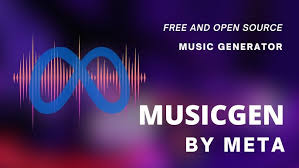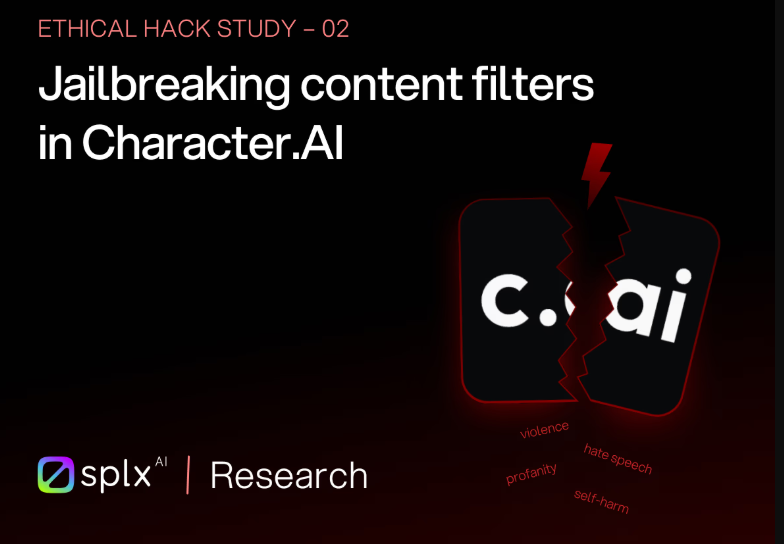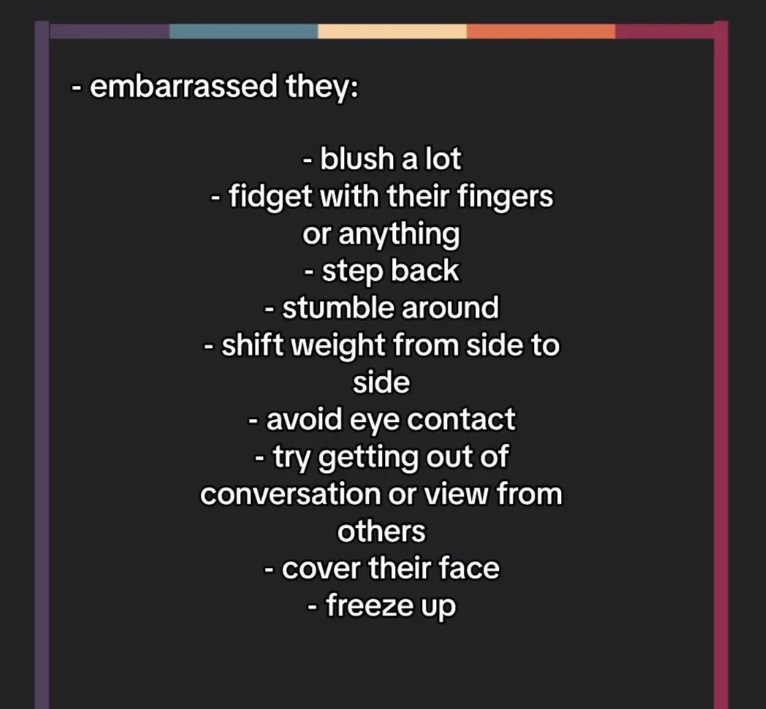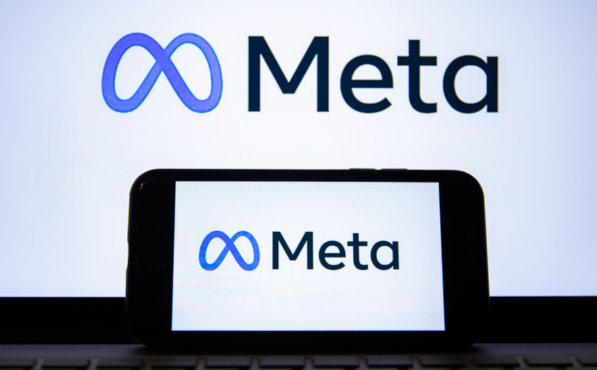Introduction: Why Prompt Behavior Matters in AI Music Generation
If you’ve played around with AI music generators, you know that what you write as a prompt directly shapes what you hear. But here’s the interesting part—not all AI music tools interpret prompts the same way.
In this post, we’ll do a detailed MusicGen vs Udio prompt comparison to explore how each model reacts to different types of inputs. From genre-specific instructions to abstract mood cues, we’ll put both tools to the test using side-by-side prompts. Whether you're a music producer, hobbyist, or developer, this guide will help you understand which tool is better for your creative goals.

MusicGen vs Udio: Quick Overview
Before jumping into prompts, here’s a quick look at what each model is:
| Feature | MusicGen | Udio |
|---|---|---|
| Developer | Meta AI | Udio Labs (ex-Google DeepMind engineers) |
| Prompt Input | Text, optional melody (no vocals) | Text (with vocals by default) |
| Output | Instrumental audio | Full songs (vocals + instrumental) |
| Open Source? | Yes | No |
| Real-time Playback | Moderate (depending on model size) | Fast generation in cloud |
| Ideal For | Instrumental track prototyping, research | Songwriting, full track creation |
Test Setup: How We Compared Prompts
To make this a fair prompt comparison between MusicGen and Udio, we:
Used identical text prompts
Generated 15–30 seconds of audio
Compared genre accuracy, mood fidelity, structure, and vocal/instrument mapping
Evaluated the results based on usability for creators
We tested across 4 major categories:
Genre-specific prompts
Mood-based prompts
Tempo/style instructions
Narrative-style abstract prompts
Let’s dig into the results.
1. Genre-Specific Prompts
Prompt:
“Upbeat pop with acoustic guitar and electronic drums”
MusicGen Response:
Strong acoustic rhythm
Slight electronic percussion
No vocals (by design)
Melody was pleasant but repetitive
Udio Response:
Pop vocal line with a catchy chorus
Realistic acoustic strumming + layered electronic drums
Structured like a full song (verse + chorus)
Hook driven and highly polished
Verdict:
? Udio wins for genre realism and full-track delivery.
MusicGen’s instrumental is clean but feels like a sketch or backing track.
2. Mood-Based Prompts
Prompt:
“Melancholy ambient music with slow tempo”
MusicGen Response:
Spacious ambient pads
Minimalistic synth work
Clearly interpreted “melancholy” in tone
No rhythmic structure, felt like sound design
Udio Response:
Piano-driven sad ballad
Emotional female vocals
Minor key harmony
Structured as a soft pop song
Verdict:
?? Both performed well, but MusicGen nailed the mood instrumentally.
Udio added a vocal layer that some users may prefer—but MusicGen’s output had a more cinematic quality.
3. Tempo and Style Prompts
Prompt:
“Fast-paced rock track with distorted guitar and energetic drums”
MusicGen Response:
Solid tempo
Electric guitar texture present
Lacked real “drive”—drums felt flat
No vocals meant it felt loop-like
Udio Response:
Full rock anthem with raspy male vocals
Power chords, hi-hat rolls, vocal chorus
Tempo perfectly aligned with prompt
Verdict:
?? Udio wins for dynamic energy and song structure.
MusicGen gives a reliable instrumental, but lacks variation and punch without vocals.
4. Abstract/Narrative Prompts
Prompt:
“A futuristic soundscape that feels like exploring a forgotten spaceship”
MusicGen Response:
Ambient textures with high-frequency sweeps
Mechanical pulses and eerie synth pads
Nailed the sci-fi aesthetic
Udio Response:
Pop vocals with sci-fi references
Instrumentals felt more pop-electronica than ambient
Didn’t capture the “exploration” feel well
Verdict:
?? MusicGen wins for abstract prompts and atmospheric sound design.
Udio tends to anchor on lyrical themes and pop structures, which makes it less flexible for experimental or cinematic use.
Summary Table: MusicGen vs Udio Prompt Behavior
| Prompt Type | Best Performer | Why? |
|---|---|---|
| Genre Accuracy | Udio | Realistic vocals and layered instrumentation |
| Mood Interpretation | Tie | MusicGen = texture |
| Tempo & Style | Udio | Vocals + drum energy add punch |
| Abstract Concepts | MusicGen | Better at ambient, exploratory soundscapes |
Key Takeaways
MusicGen Prompt Strengths:
Better at instrumental-only, ambient, and abstract prompts
Reacts well to genre + instrument combos like “jazz piano + soft drums”
Good for prototyping music ideas or scoring scenes
Completely open-source for local testing and research
Udio Prompt Strengths:
Great at full song production, especially pop/rock/EDM
Interprets narrative or emotional phrases into lyrics and vocals
Structured output—intro, verse, chorus, bridge
Ideal for musicians needing fast demos or songwriting support
Best Prompt Practices for Both Tools
| Prompt Element | MusicGen | Udio |
|---|---|---|
| Genre | Include specific instrument names | Include genre + mood keywords |
| Mood | Use clear adjectives like “dark” or “bright” | Add emotional context (e.g. heartbreak, celebration) |
| Tempo | “fast tempo,” “slow ambient,” etc. | Add movement cues: “danceable,” “laid-back” |
| Abstract Ideas | Keep it cinematic or descriptive | Use metaphor, but expect literal lyrics |
Conclusion: Choose Based on Creative Goals
If you’re trying to decide between MusicGen and Udio, it comes down to what kind of music you're creating:
Choose MusicGen if you want control over instrumentation, are focused on instrumentals, or plan to use your own vocals later.
Choose Udio if you need a ready-to-use vocal track, or you want fast results for songwriting, demos, or commercial use.
When it comes to prompts, Udio is more aggressive with structure and vocal choices, while MusicGen gives you space to create more freely with instrument-focused prompts.
Both are powerful, but they serve different types of creators. You can even use them together—start with a melody in MusicGen, then write lyrics and feed them to Udio for full production.
FAQs
Can I use the same prompt in both MusicGen and Udio?
Yes, but results will differ. Udio adds lyrics and vocals, while MusicGen sticks to instrumental interpretation.
Which tool responds better to cinematic prompts?
MusicGen generally outperforms Udio for ambient or atmospheric prompts.
Does Udio allow melody input like MusicGen?
Not currently. Udio focuses on text-to-full-song generation only.
Is MusicGen free to use?
Yes. It’s open-source and available via Hugging Face and GitHub.
Can I control vocal gender in Udio?
Yes. You can specify "male" or "female vocals" in your Udio prompt.
Learn more about AI MUSIC








